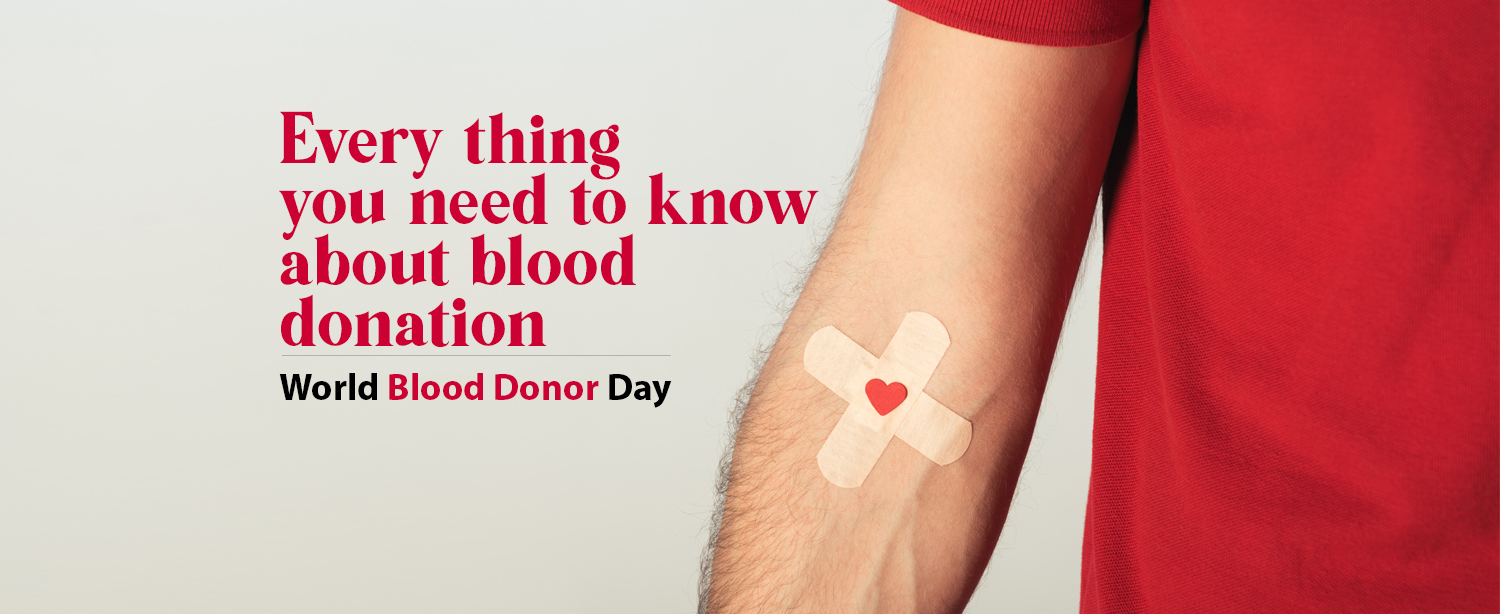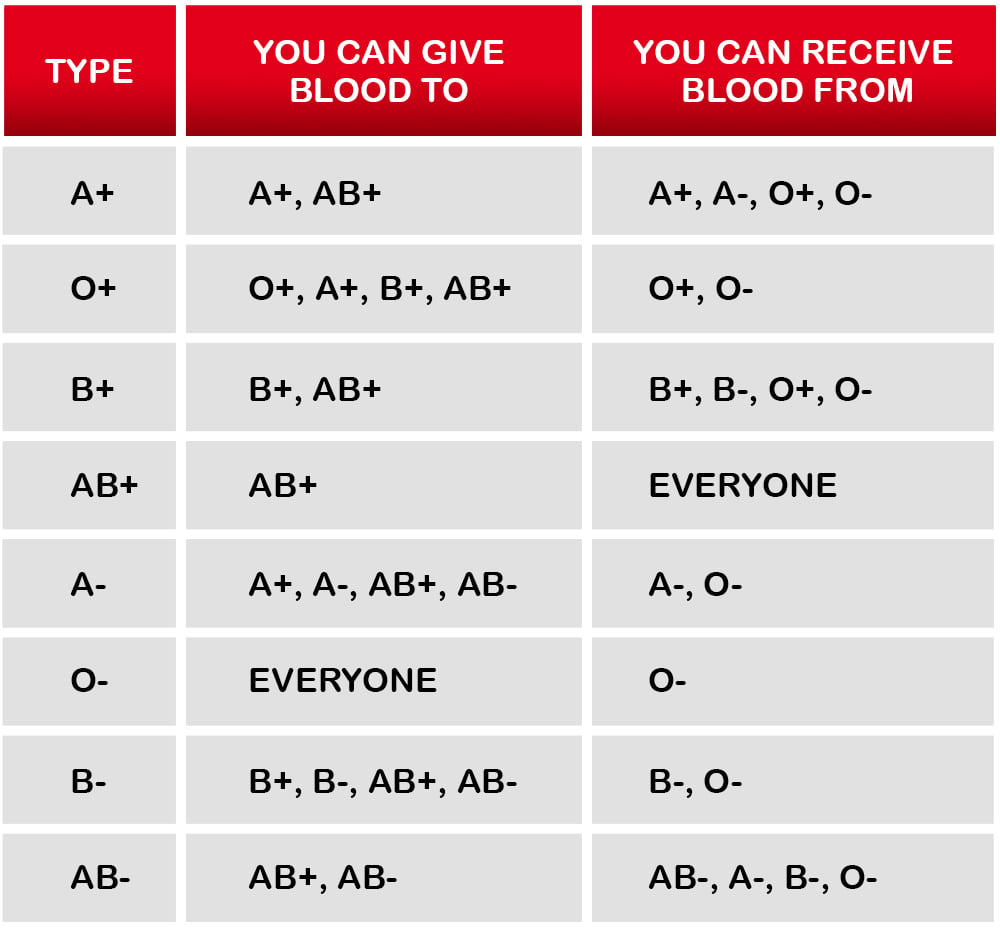Have you every donated your blood? Blood donation plays a crucial role in saving lives and improving the health of patients in need. Your selfless act can make a significant impact and create a ripple effect of compassion and humanity in the world. Statistics suggest that out of every five Indians, one does not want to donate blood out of fear or danger to the body. Let us delve into the details of blood donation and inspire more and more Indians to donate blood regularly.
Who is eligible to Donate Blood?
To ensure the safety of both donors and recipients, specific criteria must be met. This includes:
- Age
Donor should be over 18 and under 65. - Weight
Donor should have a minimum weight of 50 kgs. - Good health
Donor should not suffer from acute respiratory diseases or have any kind of illness at the time of donation. - Haemoglobin level
Donor should have a minimum haemoglobin level of 12.5 grams - Health conditions
The donors blood pressure and blood sugar levels must be under control. - Women
Female donors should not be menstruating or lactating. They shouldn’t donate for 6 months after an abortion and 12 months after delivery. - High risk
Persons considered at risk of HIV and Hepatitis B or C should not donate. - Interval
It is required that female donors should give a gap of 120 days and male donors, a gap of 90 days between blood donations. - Chronic conditions
Donors should check with their doctor for any specific health conditions.
What is the importance of Blood Donation?
Blood donation holds immense importance as it serves as a lifeline for countless individuals in need. By donating blood, you have the power to save lives and improve the health of patients facing various medical challenges. In emergency situations such as accidents and natural disasters, blood transfusions can mean the difference between life and death. Every drop of blood you donate has the potential to bring hope, comfort, and a second chance at life to someone in need.
Who requires a Blood Donation?
Blood is needed by diverse groups and in various situations, including:
- Trauma and accident victims
People involved in accidents or experiencing severe injuries may require large amounts of blood to stabilize their condition. - Surgery patients
Individuals undergoing major surgeries such as a heart surgery or a joint replacement surgery often need blood transfusions to replace lost blood during the procedure. - Childbirth
Women who have serious complications during pregnancy or childbirth. - Cancer patients
Many cancer treatments can damage blood cells, necessitating blood transfusions to support the patient’s weakened immune system. - Patients with blood disorders
Individuals with conditions like hemophilia or sickle cell disease often need blood transfusions to manage their symptoms and improve their quality of life.
How can one prepare for Blood Donation?
Giving blood is a simple and effective way to give back to humanity. To have a successful and comfortable blood donation experience, individuals should:
- Eat a nutritious meal and drink plenty of fluids beforehand.
- Get a good night’s sleep.
- Wear comfortable clothes with sleeves that can be easily rolled up above the elbow.
- Bring a valid id proof and any required medical information.
- Stay away from alcohol and tobacco before the donation.
What are the side effects of Donating Blood?
There aren’t any lasting side effects, but it is advisable to:
- Stay hydrated and increase your fluid intake.
- Don’t work out or do any hard physical activity for 24 hours after giving blood.
- Lie down for a few minutes if you feel lightheaded.
- Use an ice pack for swelling.
- Consult a doctor for any unusual symptoms.
Blood Donation at Kokilaben Dhirubhai Ambani Hospital
The Department of Transfusion Medicine at Kokilaben Dhirubhai Ambani Hospital, Mumbai uses cutting-edge technology and advanced procedures to process and screen blood and its constituent parts. Your safety is of utmost importance at all times and we follow stringent infection control practices at all times. The use of sterile equipment is always ensured by our team of doctors and nurses, who also see to the patient’s comfort. Call our Blood Bank on 022-42699896 to donate blood. For further information, please visit: https://www.kokilabenhospital.com/departments/clinicaldepartments/transfusionmedicine.html



